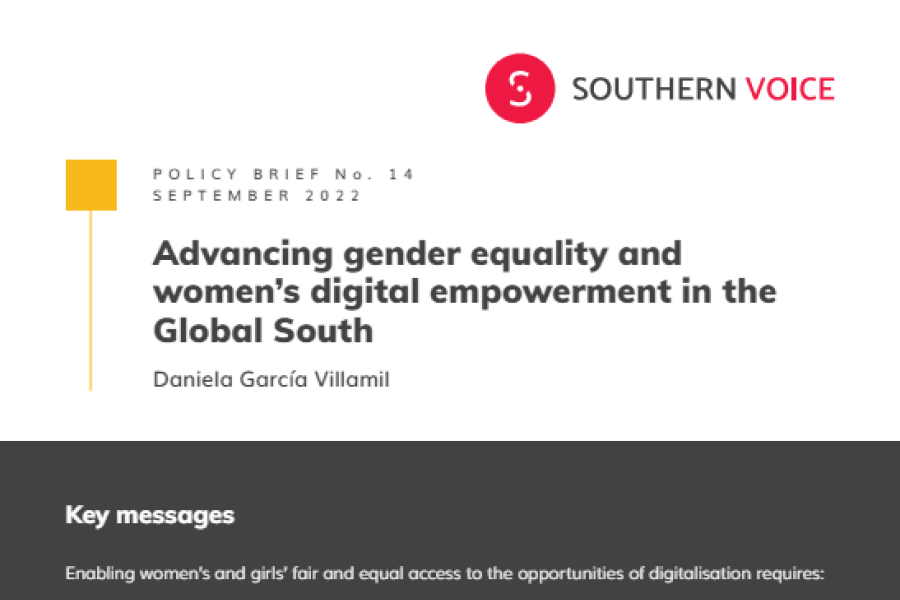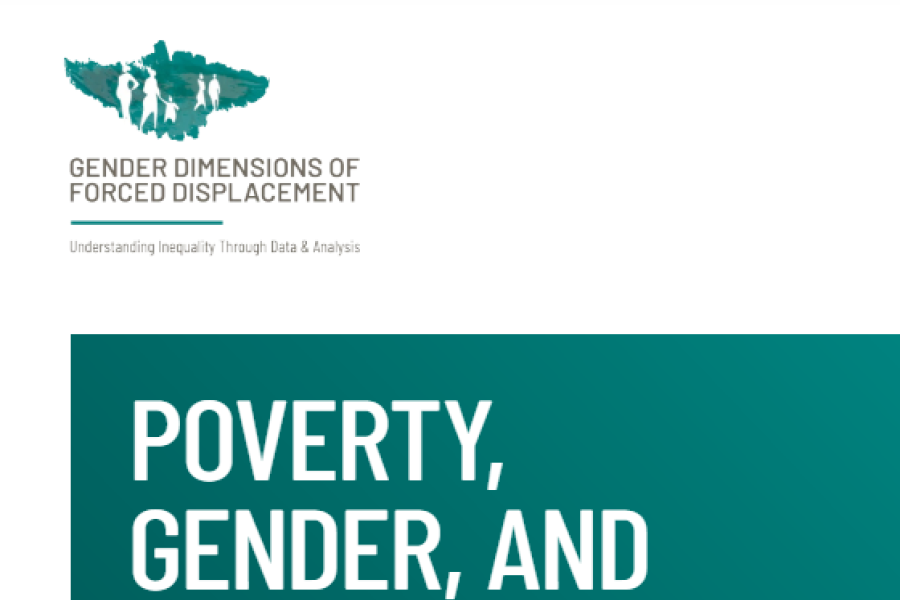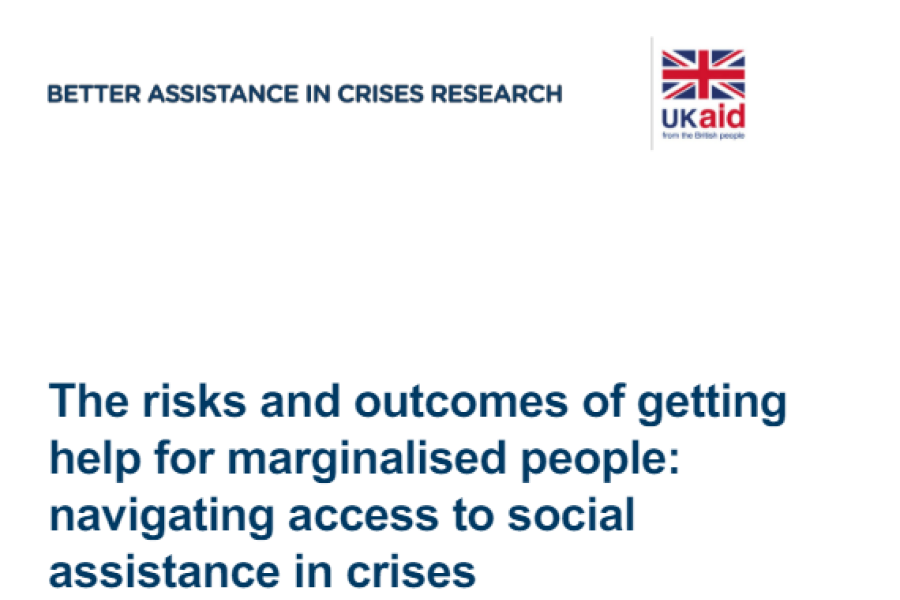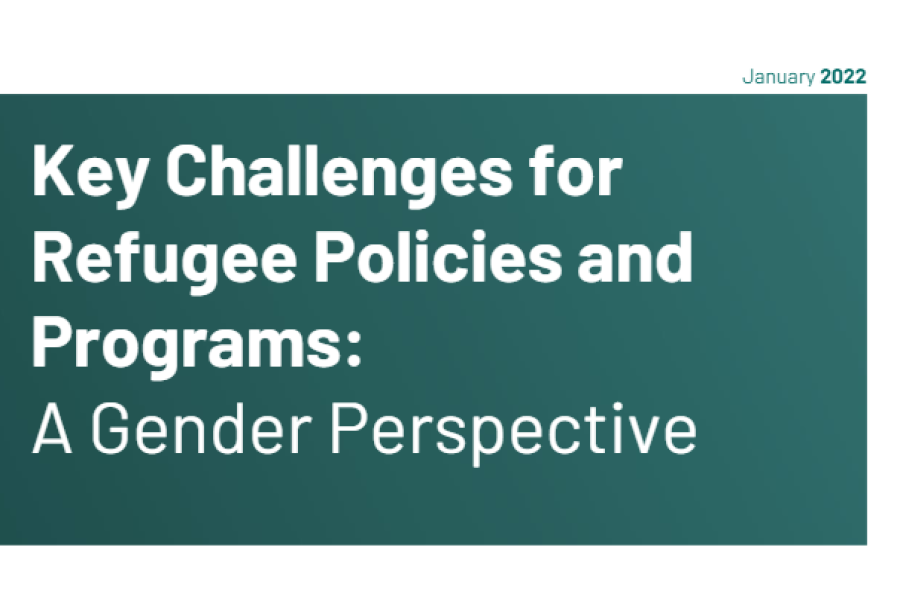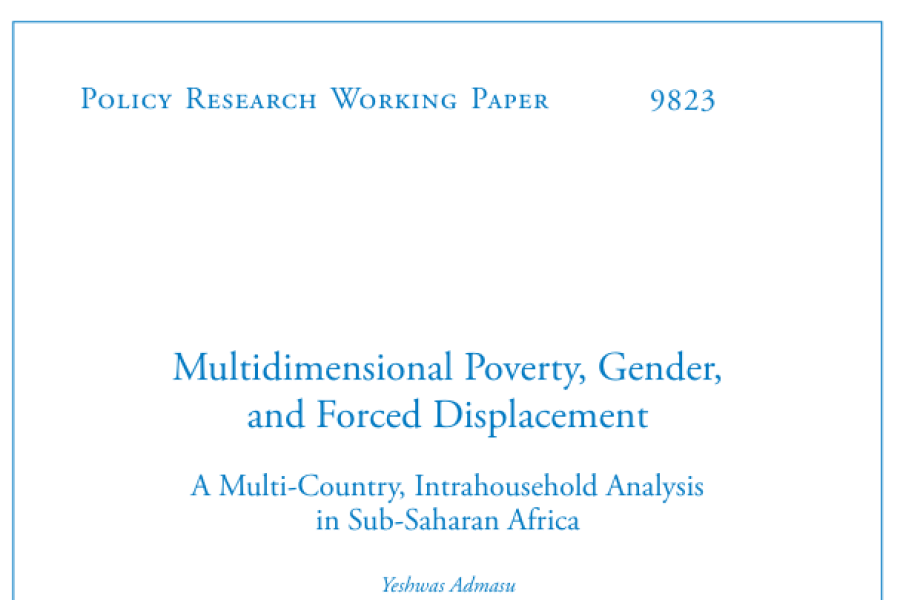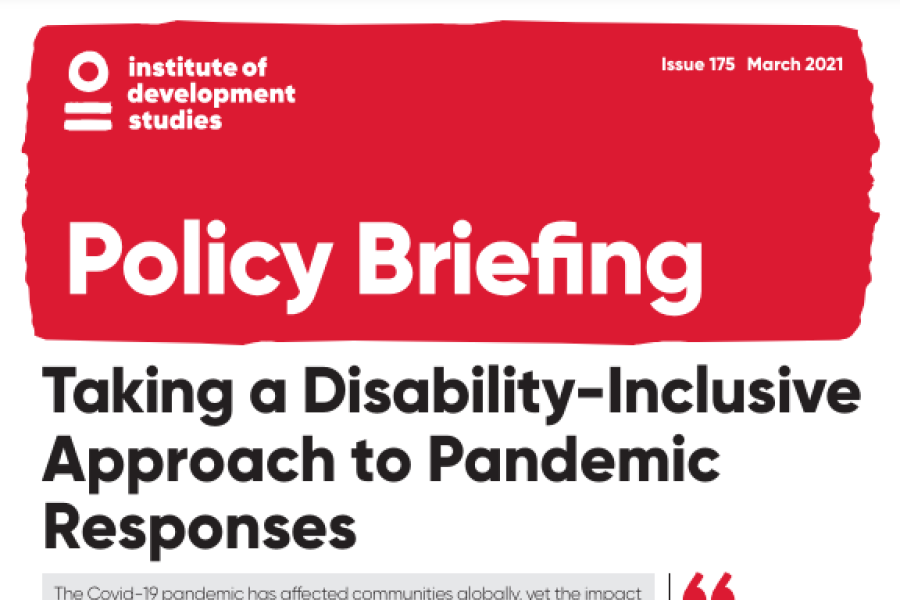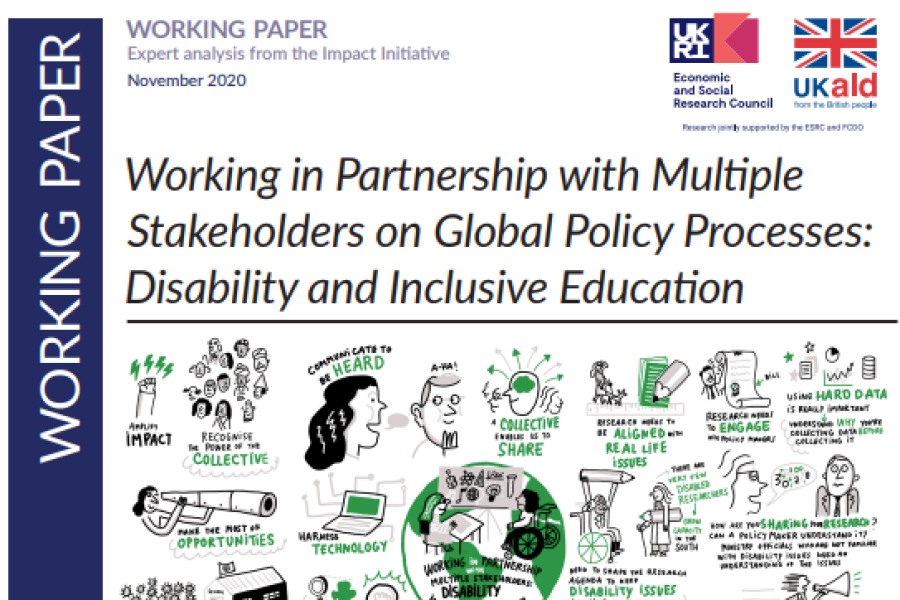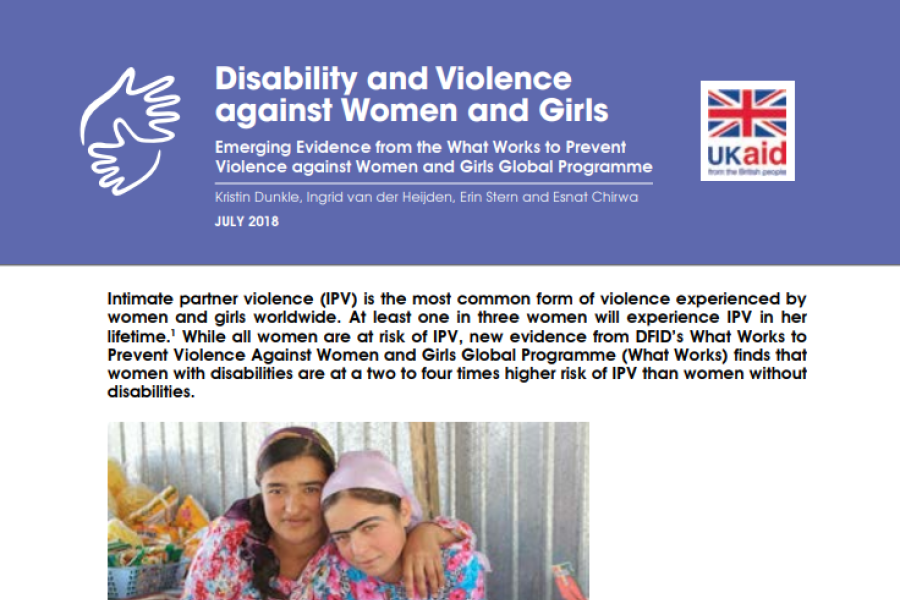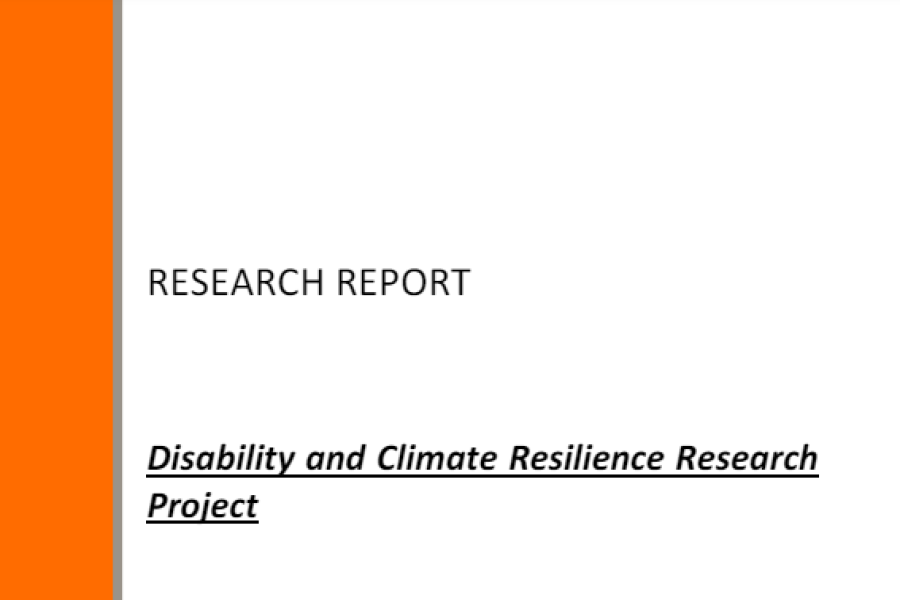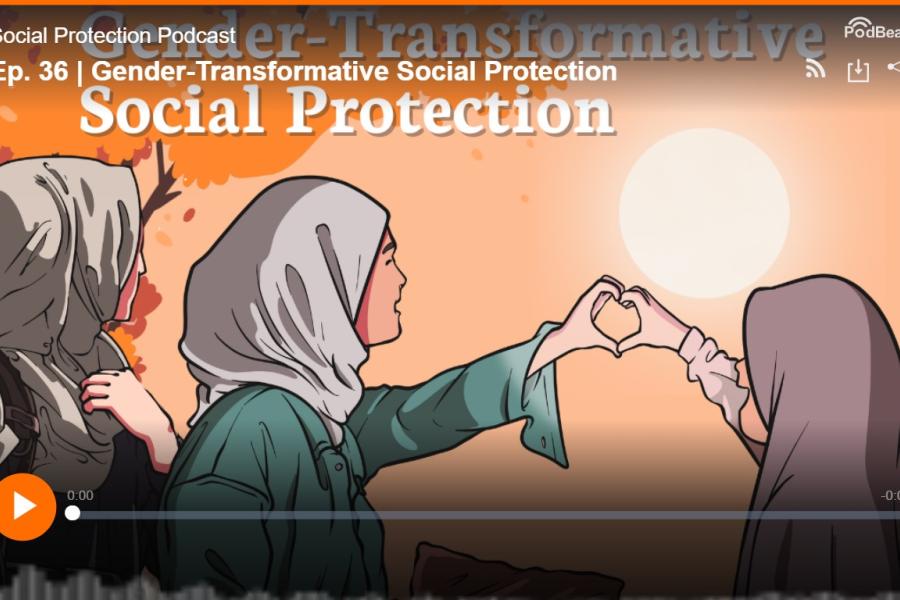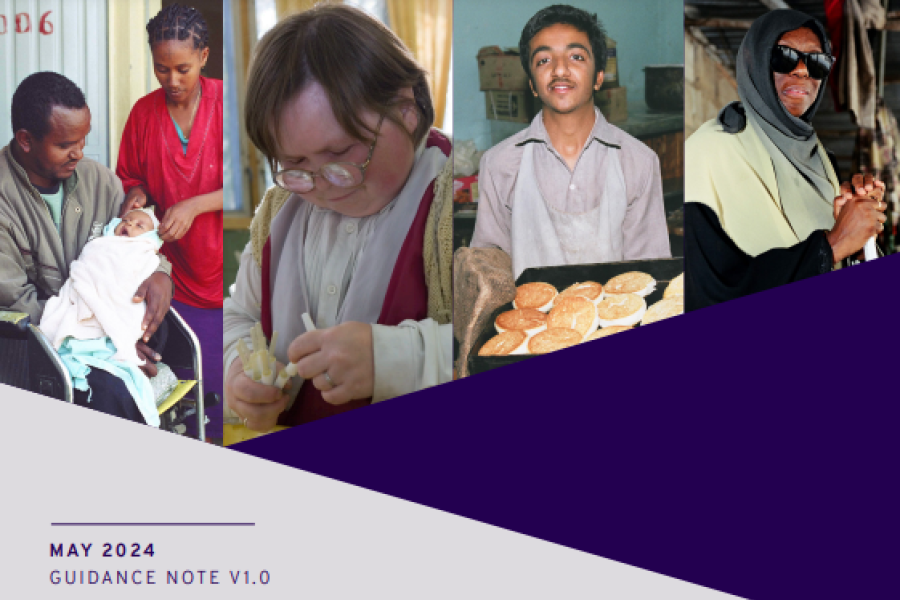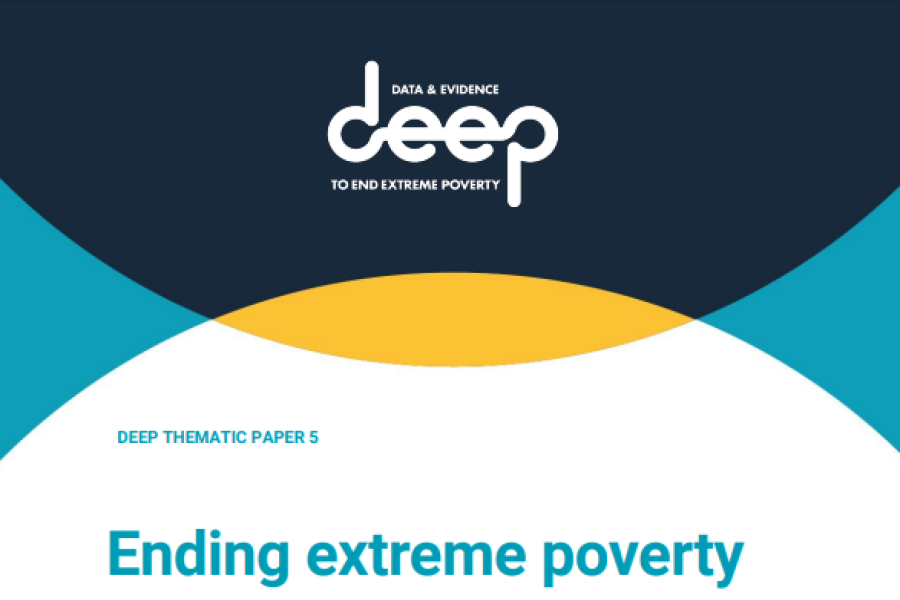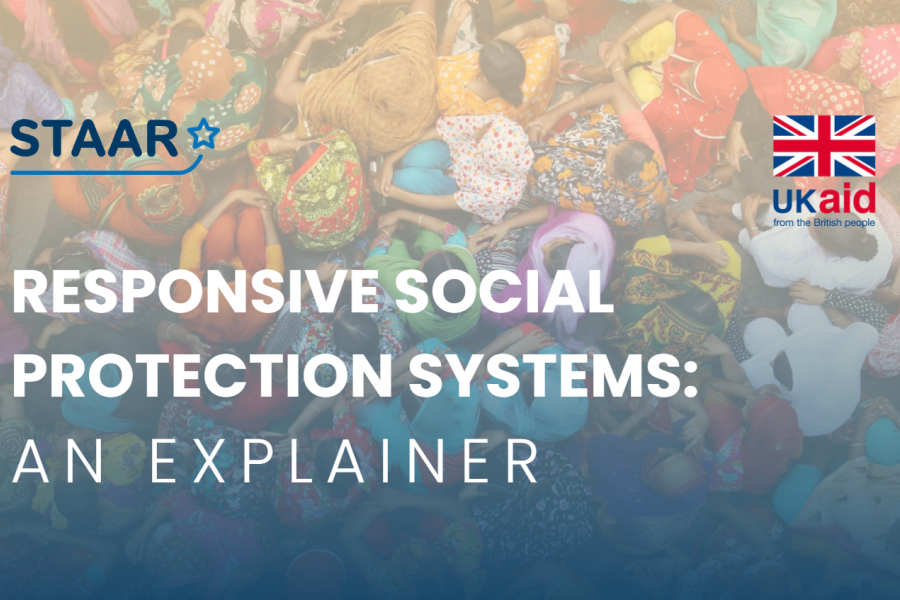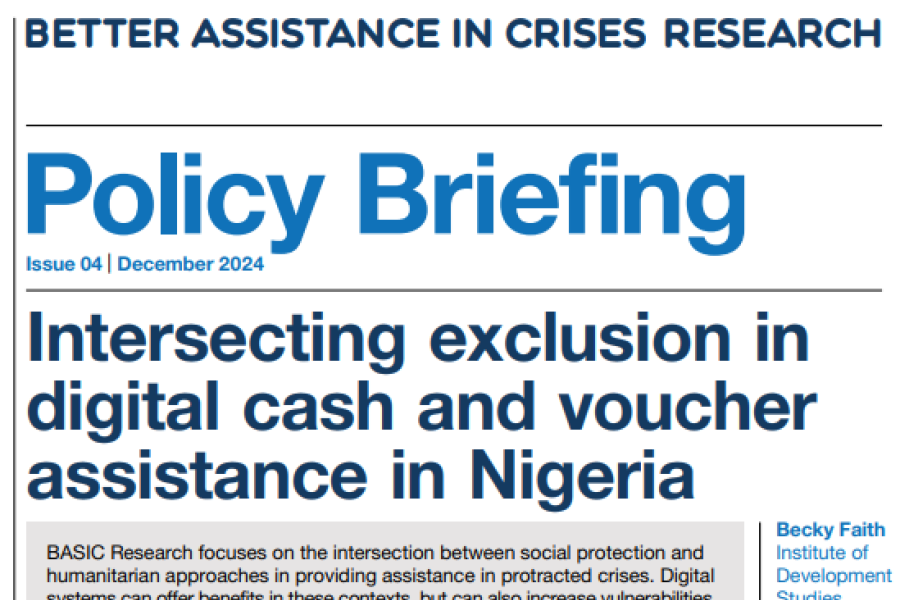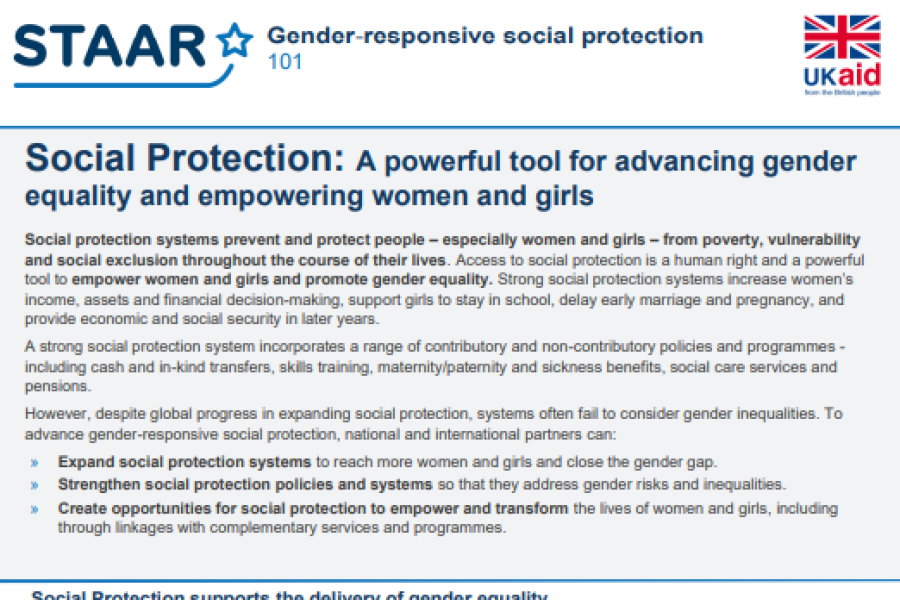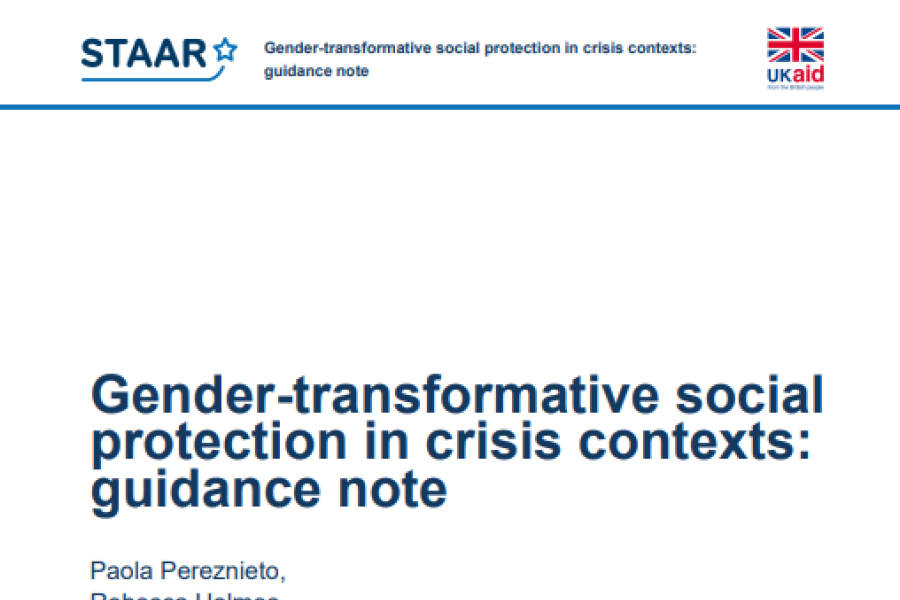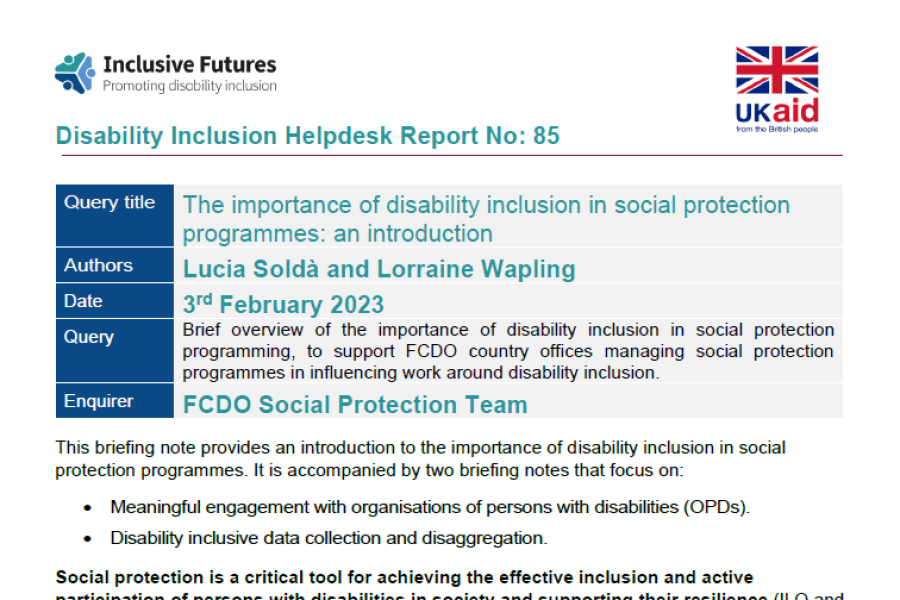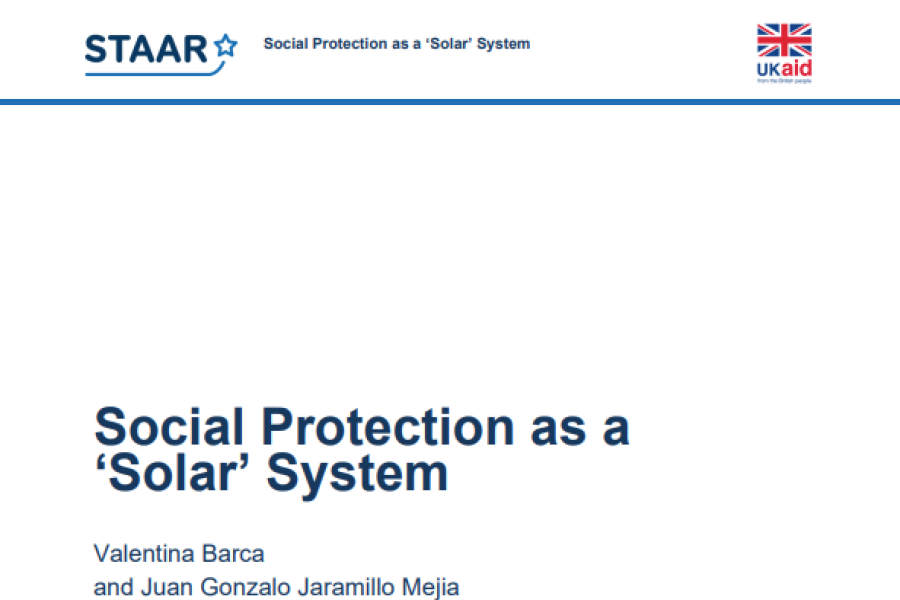Resource library: Building robust social protection mechanisms

Welcome to our comprehensive resource collection dedicated to the fundamental principles of social protection.
Here, you'll find a wealth of resources designed specifically for individuals interested in learning how to develop more inclusive systems, with a particular focus on benefiting women, girls, and people with disabilities. Our goal is to increase the understanding of the role that social protection can play in delivering positive outcomes for different groups.
Social protection systems are vital in preventing and protecting people from poverty, vulnerability, and social exclusion throughout their lives. This can encompass a range of initiatives such as state-funded pensions, cash transfers, parental leave schemes, and disability benefits. They play a crucial role in reducing income inequality, as well as tackling inequalities between groups - for instance by promoting gender and disability equality. Increasingly, social protection is being used to respond to crises, including those caused by conflict and climate change. A strong social protection system incorporates a range of policies and programmes including cash and in-kind transfers, skills training, parental leave and sickness benefits, social care services, and pensions. Social protection systems are typically nationally owned.

